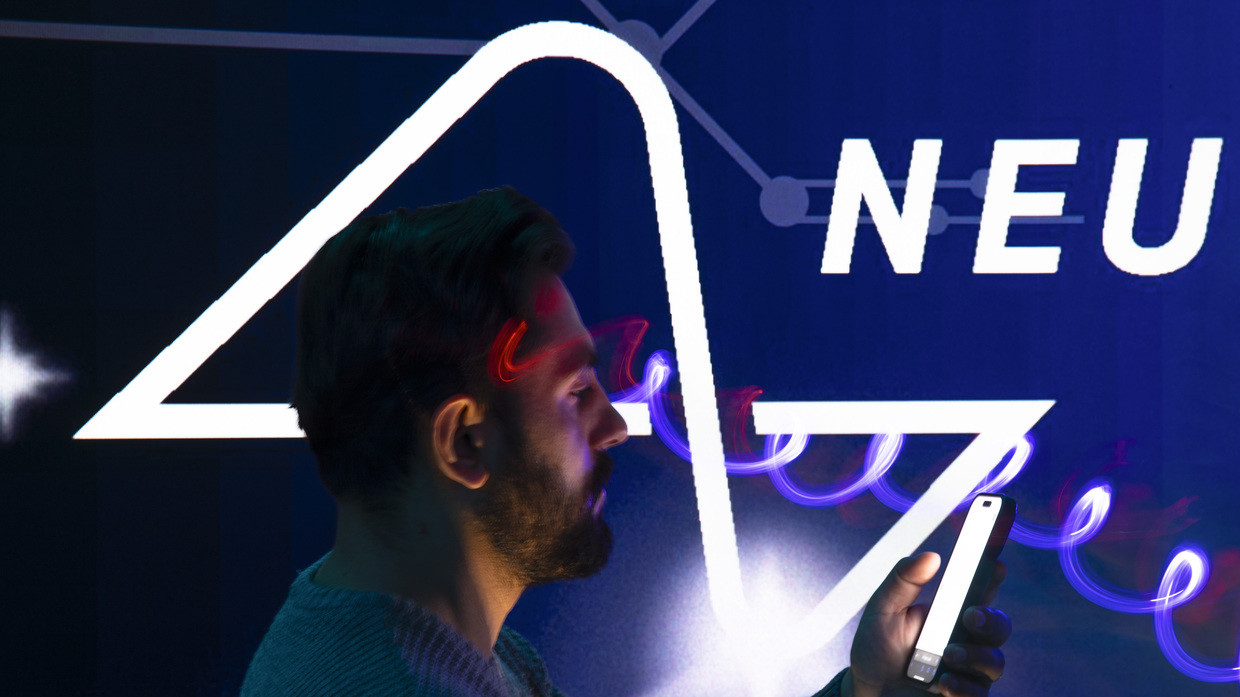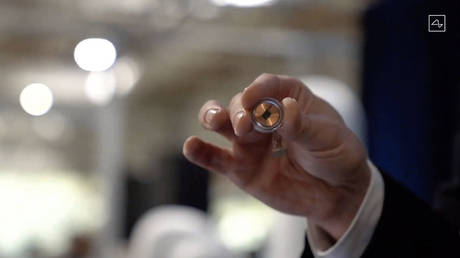Elon Musk has announced that the first patient to receive the Neuralink brain chip has fully recovered from the operation to implant it and is already capable of interacting with a computer using thought.
The billionaire initially reported that the chip was successfully implanted late last month, after Neuralink received approval for human trial recruitment in September. The surgery involved using a specially-designed robot to place the computer chip - which is about the size of a coin with ultra-thin flexible threads - in the region of the brain which controls the intention to move, Neuralink has explained. The chip is then used to record and transmit brain signals wirelessly to an app that decodes movement intention.
In an update during a Spaces event on Monday, Musk stated that “progress is good” and that the patient has made “a full recovery with no ill effects that we are aware of.” Additionally, he claimed that the unnamed person implanted with the Neuralink chip is now capable of moving a computer mouse around the screen “by just thinking.”
Neuralink is now trying to get as many precise mouse movements and left and right mouse button clicks as possible from the patient in order to have the anonymous volunteer click, drag and hold objects, Musk added.
The startup has claimed that the ultimate goal of the project, dubbed the PRIME Study, is to develop a “fully-implantable, wireless brain-computer interface” that would at first grant people the ability to control a computer cursor or keyboard using their thoughts alone and later make way for groundbreaking treatments for people suffering from various physical disabilities such as paralysis and blindness, as well as illnesses like obesity, autism, depression, and schizophrenia.
Musk has also argued that humanity needs to develop new forms of interacting with computers and processing information in order to ensure the survival of the human race in a world dominated by artificial intelligence.
In an interview with Joe Rogan in 2018, the billionaire suggested that aside from curing disabilities, Neuralink could also one day allow humans to communicate without using words and possibly achieve a state of “symbiosis” with AI, which he expects to be ubiquitous in the future.


